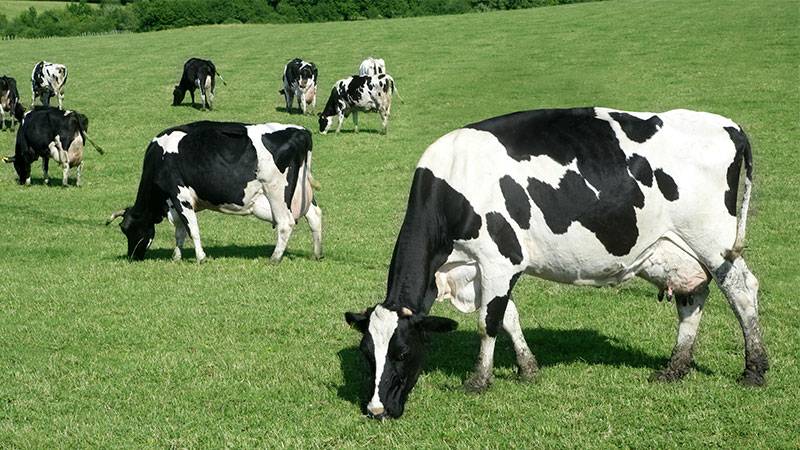In a move that may alleviate some guilt from chocolate lovers, Hershey, the Pennsylvania-based chocolate giant, has announced a partnership with the U.S. Environmental Protection Agency (EPA) to address environmental concerns. On August 22, 2023, both parties committed to jointly invest $2 million to assist dairy farmers, who supply milk to Hershey, in reducing their environmental footprint.
Tricia Brannigan, the Chief Procurement Officer at Hershey, emphasized the importance of this initiative, stating that providing financial resources to dairy farmers to cut down greenhouse gas emissions and enhance water quality is not only a strategic business move but also pivotal to Hershey’s brand identity as a milk chocolate producer.
The Hershey plant, located in Hershey, PA, stands as the world’s largest chocolate factory. A significant factor behind Milton Hershey’s decision to establish the company in this location in 1903 was the abundant milk supply in the vicinity. Remarkably, the majority of the milk used at this plant is sourced from within a 90-mile radius, Brannigan noted.
She further highlighted the company’s commitment to sustainability, pointing out that Pennsylvania dairy farms, especially those in Hershey’s supply chain, are essential for the company’s operations. The milk required for the Hershey plant is procured from a dairy cooperative overseen by Land O’Lakes. As per the new agreement, both Hershey and the EPA will contribute $1 million each over a span of three years. This fund will be directed towards aiding farmers in the cooperative to curtail nutrient runoff and greenhouse gas emissions.
Adam Ortiz, who oversees the EPA’s Mid-Atlantic region, which encompasses a significant portion of the Chesapeake Bay watershed, lauded this public-private collaboration. He believes that this partnership will expedite the Bay’s cleanup efforts, marking a substantial step in the right direction.
Land O’Lakes, boasting over 800 members in its Eastern Region, will be responsible for selecting the farms for this initiative. The nonprofit Alliance for the Chesapeake Bay will provide support in implementing pollution control measures. Tim Leviny, a senior executive at Land O’Lakes, emphasized the importance of this collaboration, especially considering the challenging market conditions dairy farmers currently face.
Adam Ortiz, administrator of the EPA’s Mid-Atlantic region, which includes most of the Chesapeake Bay watershed, hailed the public-private partnership as a way to accelerate the Bay cleanup progress. “It’s significant step forward,” Ortiz said, “and is going to help bend the trajectory of [Bay] restoration at a more aggressive angle.”
The dairy industry has been grappling with declining milk prices, with larger operations from other regions increasingly dominating production. However, the concentration of smaller farms in south-central Pennsylvania has somewhat cushioned them from these economic challenges. Despite this, runoff from these farms remains a significant contributor to water pollution in the Bay. Dairy operations are also notable emitters of methane, a potent greenhouse gas.
Leviny stressed the importance of voluntary implementation of sustainable practices among farmers. He believes that such partnerships are essential for ensuring the longevity of farm businesses while respecting the autonomy and economic well-being of farmers.
According to Bay Journal, the announcement was made at Steve Harnish’s dairy farm, located near the Susquehanna River in Pennsylvania’s Lancaster County. Harnish’s farm employs sustainable practices like no-till farming and the planting of nutrient-absorbing cover crops. He believes that his farm serves as a representation of the broader regional shift towards sustainable farming practices.
Kate Fritz, CEO of the Alliance for the Chesapeake Bay, emphasized the role of corporate partnerships in sharing the financial burden of pollution control. She believes that the entire supply chain, from producers to consumers, should participate in efforts to ensure cleaner waterways and a thriving agricultural sector in the Chesapeake Bay region.
More inspiring green news similar to this:


